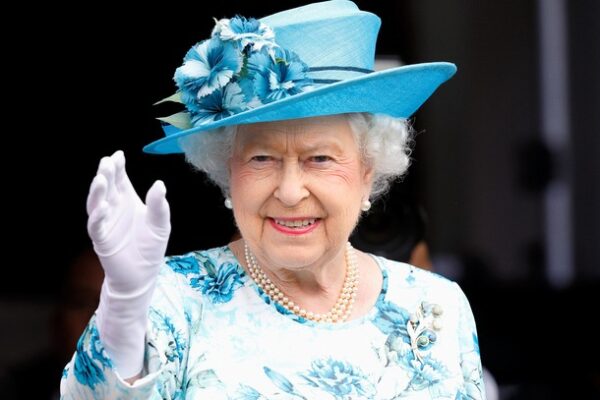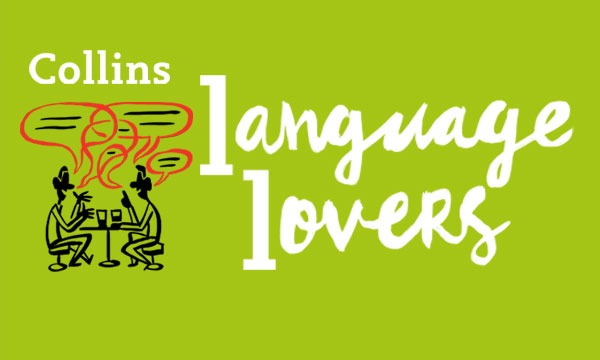Nonagenarian
Queen Elizabeth has just entered the ranks of the nonagenarians – people aged between ninety and ninety-nine. ‘Nonagenarian’ is one of a set of words that are used to describe people in a particular decade of life: you can also be a quadragenarian (forties), quinquagenarian (fifties), sexagenarian (sixties), septuagenarian (seventies), or octogenarian (eighties). Bu if you have not reached the age of forty you have apparently not done enough yet to deserve a special name!
In Latin, the numbers for units of ten all end in -ginta (40 = quadraginta, 50 = quinquaginta, etc), and the adjectives relating to these numbers end in -genarius (so nonagenarius means ‘composed of ninety units’). In English, the ending for these words was changed from -arius to -arian, and they came to be used as nouns as well as adjectives.
It is interesting to note that ‘quadragenarian’ and ‘quinquagenarian’ are rarely used in modern English, presumably because there is nothing very remarkable about living into your forties or fifties. Of all these words, the mostly commonly used is ‘octogenarian’, which suggests that living into your eighties is noteworthy, but also that it happens to enough people to give ample opportunity to comment on the fact.



